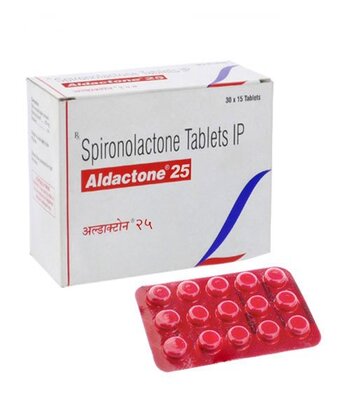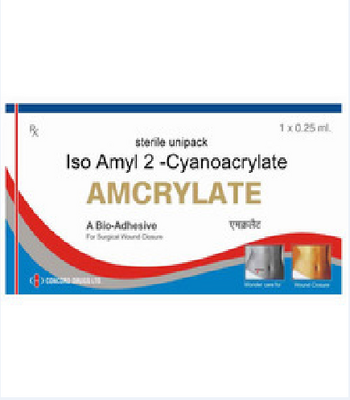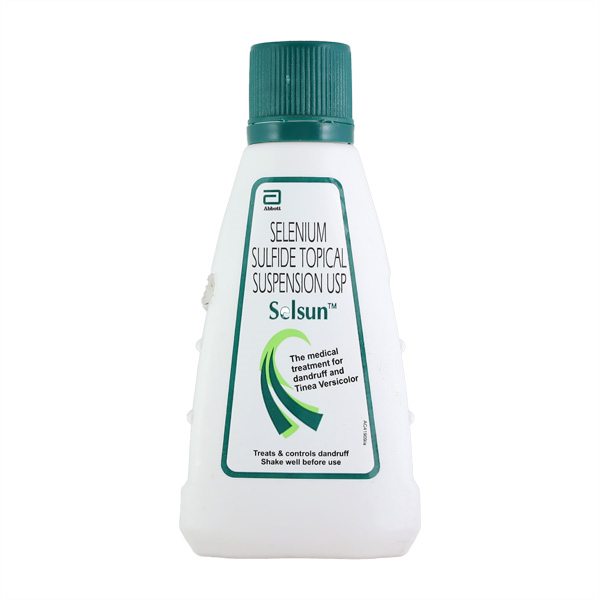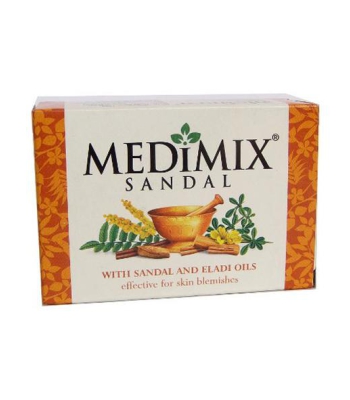Duvanta 30mg Tablet 10'S
INR 126.00INR 126.00
Category :
Sub Category :
MG Details :
DULOXETINE 30MG
Packing :
10 Tablet(s) in a Strip
Mfr by:
Country of Origin:
NA
Specifications
DUVANTA 30MG contains duloxetine which belongs to a group of medicines called Serotonin and Noradrenaline Reuptake Inhibitors (SNRIs) It increases the levels of serotonin and noradrenaline in the nervous system
DUVANTA 30MG contains duloxetine which belongs to a group of medicines called Serotonin and Noradrenaline Reuptake Inhibitors (SNRIs) It increases the levels of serotonin and noradrenaline in the nervous system
DUVANTA 30MG is used in adults to treat:
Depression
Generalized anxiety disorder (chronic feeling of anxiety or nervousness)
Diabetic neuropathic pain (often described as burning, stabbing, stinging, shooting or aching or like an electric shock, there may be loss of feeling in the affected area, or sensations such as touch, heat, cold or pressure may cause pain)
Talk to your doctor before taking this medicine, if you:
Are allergic to duloxetine or any of the other ingredients of this medicine
Have liver disease, severe kidney disease
Have high blood pressure or heart disease
Have had seizures (fits)
Have had mania
Suffer from bipolar disorder
Have eye problems, such as certain kinds of glaucoma (increased pressure in the eye)
Have a history of bleeding disorders (tendency to develop bruises)
Are at risk of low sodium levels
If you are pregnant or breast-feeding, think you may be pregnant or are planning to have a baby, ask your doctor for advice before taking this medicine
DUVANTA 30MG should normally not be used for children and adolescents under 18 years
DUVANTA 30MG may make you feel sleepy or dizzy. Do not drive or use any tools or machines until you know how DUVANTA 30MG affects you
Always take this medicine exactly as your doctor has told you
DUVANTA 30MG is for oral use
You should swallow your medicine whole with a drink of water
Take DUVANTA 30MG, you may find it easier to take it at the same times every day
For depression and diabetic neuropathic pain:
The usual dose of DUVANTA 30MG is 60 mg once a day, but your doctor will prescribe the dose that is right for you
For generalized anxiety disorder:
The usual starting dose of DUVANTA 30MG is 30 mg once a day after which most patients will receive 60 mg once a day, but your doctor will prescribe the dose that is right for you. The dose may be adjusted up to 120 mg a day based on your response to DUVANTA 30MG
To help you remember to take DUVANTA 30MG, you may find it easier to take it at the same times every day
If you take more DUVANTA 30MG
Call your doctor immediately if you take more than the amount of DUVANTA 30MG prescribed by your doctor
Symptoms of overdose include sleepiness, coma, serotonin syndrome (a rare reaction which may cause feelings of great happiness, drowsiness, clumsiness, restlessness, feeling of being drunk, fever, sweating or rigid muscles), fits, vomiting and fast heart rate
If you forget to take DUVANTA 30MG
If you miss a dose, take it as soon as you remember. Do not take a double dose to make up for a forgotten dose. Do not take more than the daily amount of DUVANTA 30MG that has been prescribed for you in one day
If you stop taking DUVANTA 30MG
Do not stop taking your medicine without the advice of your doctor even if you feel better
Like all medicines, this medicine can cause side effects, although not everybody gets them.
Lack of appetite
Trouble sleeping, feeling agitated, less sex drive, anxiety, difficulty or failure to experience orgasm, unusual dreams dizziness, feeling sluggish, tremor, numbness, including pricking or tingling of the skin
Blurred eyesight
Tinnitus (hearing sound in the ear when there is no external sound)
Feeling the heart pumping in the chest
Increased blood pressure, flushing
Increased yawning
Constipation, stomach pain, being sick (vomiting), heartburn or indigestion, breaking wind
Increased sweating, (itchy) rash
Muscle pain, muscle spasm
Painful urination, frequent urination
Problems getting an erection, changes in ejaculation
Falls (mostly in elderly people), fatigue
Weight loss
Headache, feeling sleepy
Throat inflammation that causes a hoarse voice
Suicidal thoughts, grinding or clenching the teeth, feeling disorientated, lack of motivation
Sudden involuntary jerks or twitches of the muscles
Large pupils, problems with eyesight
Fast and/or irregular heart beat
Throat tightness, nose bleeds
Vomiting blood, or black tarry stools (faeces), gastroenteritis, burping, difficulty swallowing
Inflammation of the liver that may cause abdominal pain and yellowing of the skin or whites of the eyes (jaundice)
Night sweats, hives, cold sweats, sensitivity to sunlight, increased tendency to bruise
Muscle tightness, muscle twitching
Difficulty or inability to pass urine
Abnormal vaginal bleeding, abnormal periods, including heavy, painful, irregular or prolonged periods, unusually light or missed periods, pain in the testicles or scrotum
Chest pain, feeling cold, thirst, shivering, feeling hot, abnormal gait
Weight gain
Increases in liver enzymes or blood levels of potassium, creatine phosphokinase, sugar, or cholesterol
Serious allergic reaction which causes difficulty in breathing or dizziness with swollen tongue or lips or face or throat
Decreased thyroid gland activity which can cause tiredness or weight gain
Dehydration, low levels of sodium in the blood
“Serotonin syndrome” (a rare reaction which may cause feelings of great happiness, drowsiness, clumsiness, restlessness, feeling of being drunk, fever, sweating or rigid muscles), fits increased pressure in the eye (glaucoma)
Inflammation of the mouth, passing bright red blood in your stools, bad breath, inflammation of the large intestine (leading to diarrhoea)
Stevens-Johnson syndrome (serious illness with blistering of the skin, mouth, eyes and genitals)
Contraction of the jaw muscle
Abnormal urine odour
Menopausal symptoms, abnormal production of breast milk in men or women
Inflammation of the blood vessels in the skin (cutaneous vasculitis)
Tell your doctor if you are taking,
Other medicines containing duloxetine
Another antidepressant medicine called a monoamine oxidase inhibitor (MAOI). Examples of MAOIs include moclobemide (an antidepressant) and linezolid (an antibiotic)
Fluvoxamine, used to treat depression
Ciprofloxacin or enoxacin which are used to treat some infections
Benzodiazepines, strong painkillers, antipsychotics, phenobarbital and antihistamines
Triptans, tramadol, tryptophan, SSRIs (such as paroxetine and fluoxetine), SNRIs (such as venlafaxine), tricyclic antidepressants (such as clomipramine, amitriptyline), pethidine
Herbal medicine such as St John’s Wort (Hypericum perforatum) and MAOIs (such as moclobemide and linezolid)
Medicines with oral anticoagulants or antiplatelet agents
Keep this medicine out of reach of children
Do not use this medicine after the expiry date
Store at room temperature (15-25°C)
Disclaimer:
The contents of this website are for informational purposes only and not intended to be a substitute for professional medical advice, diagnosis, or treatment. Please seek the advice of a physician or other qualified health provider with any questions you may have regarding a medical condition. Do not disregard professional medical advice or delay in seeking it because of something you have read on this website.












